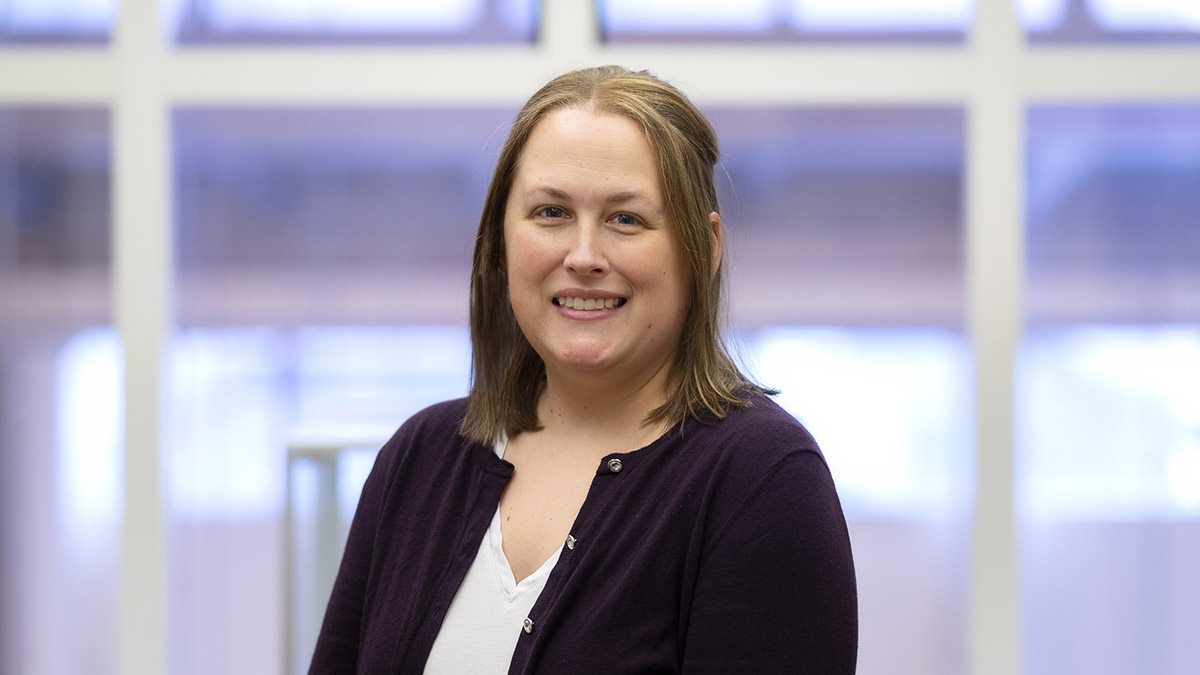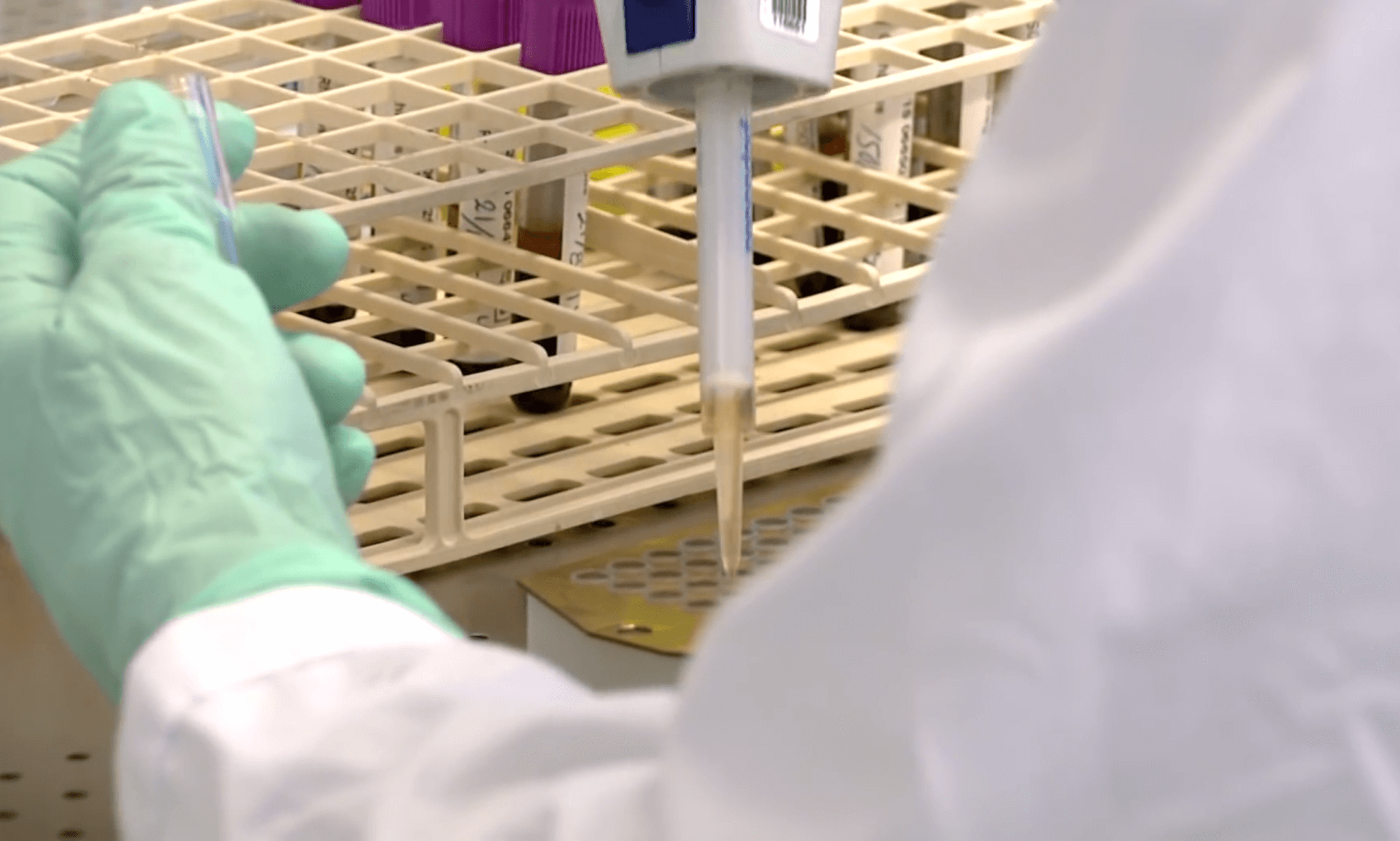Eating disorders and genetics
For National Eating Disorders Awareness Week, we talked to Carolina researcher and assistant professor of psychiatry Melissa Munn-Chernoff to learn more about the her research into the connection between genetics and eating disorders.

Carolina is home to a world-renowned center for the research and treatment of eating disorders. The Center of Excellence for Eating Disorders, led by UNC-Chapel Hill professor and clinical psychologist, Cynthia Bulik, works to improve the quality of life, care and recovery for individuals with eating disorders.
For National Eating Disorders Awareness Week, we talked to CEED researcher and assistant professor of psychiatry Melissa Munn-Chernoff to learn more about the center’s ongoing research on the connection between genetics and eating disorders.
How did you become interested in studying eating disorders?
I had a friend who had an eating disorder, and soon after, I learned that sometimes eating disorders can occur in multiple family members. It was one of those things where I thought, “Why would that be?” All these “why” questions came to mind, and I became interested in understanding the biological component to these disorders.
What does your research tell us about the link between genetics and eating disorders?
Most of my research in this particular area has focused on twin studies. In twin studies, we examine the resemblance between both identical and fraternal twins to determine the effects of genetic and environmental risk on eating disorders and their symptoms.
We know that eating disorders and their symptoms are influenced by genetic factors. Individuals may exhibit symptoms but might not meet the criteria for a diagnosis. One symptom that I’m particularly interested in is binge eating, which is defined as eating a large amount of food in a short period of time while feeling like your eating is out of control.
My recent research is focused on understanding the shared genetic risk between eating disorders and substance use disorders. From my most recent paper, we established that some genetic factors that increase the risk for alcohol use disorder also influence risk for anorexia nervosa. One of the more immediate next steps is to follow up on those results by attempting to identify which genetic factors might increase the risk for both disorders in the same person.
How do those takeaways change how we might approach treatment?
In terms of treatment, one of the best ways we can use this information is to talk with patients and with families and let them know that eating disorders and their symptoms have a biological component.
In order to fight the uphill battle of recovery, it helps people to understand their biology. Too many people have been told just to “eat more” or “stop using substances,” but it’s not that simple. These illnesses are not choices. They are serious genetically influenced conditions. We would never tell someone with asthma to “just breathe” or someone with diabetes to “just make some insulin.” We need to start thinking about eating disorders the same way — not as choices, but as serious illnesses. We really need to understand the underlying genetics, and eventually, how biology interacts with environmental factors to be able to provide the most effective treatments.
What is your ultimate hope for this research?
My hope is that in the coming years, we will start to be able to provide clues into biologically informed medications that might improve treatments for these illnesses. We might also be able to identify genetic differences in people with these problems that will tell us which treatments are most likely to be effective. This will get us away from a one-size-fits-all approach toward more personalized interventions.
What is the most rewarding part of conducting your research?
I feel incredibly blessed to be working with such an amazing group of people here at UNC-Chapel Hill and literally around the globe who have taken the time and the effort to pull together samples and who are willing to share their data. They are all supportive and collaborative. It’s amazing.
We’re all dedicated to the same cause. Whether it’s eating disorders or substance use, we all want to help individuals with mental illness, and we’re all very passionate about it, so it’s great to be working alongside those individuals. Mental health shouldn’t be stigmatized.




